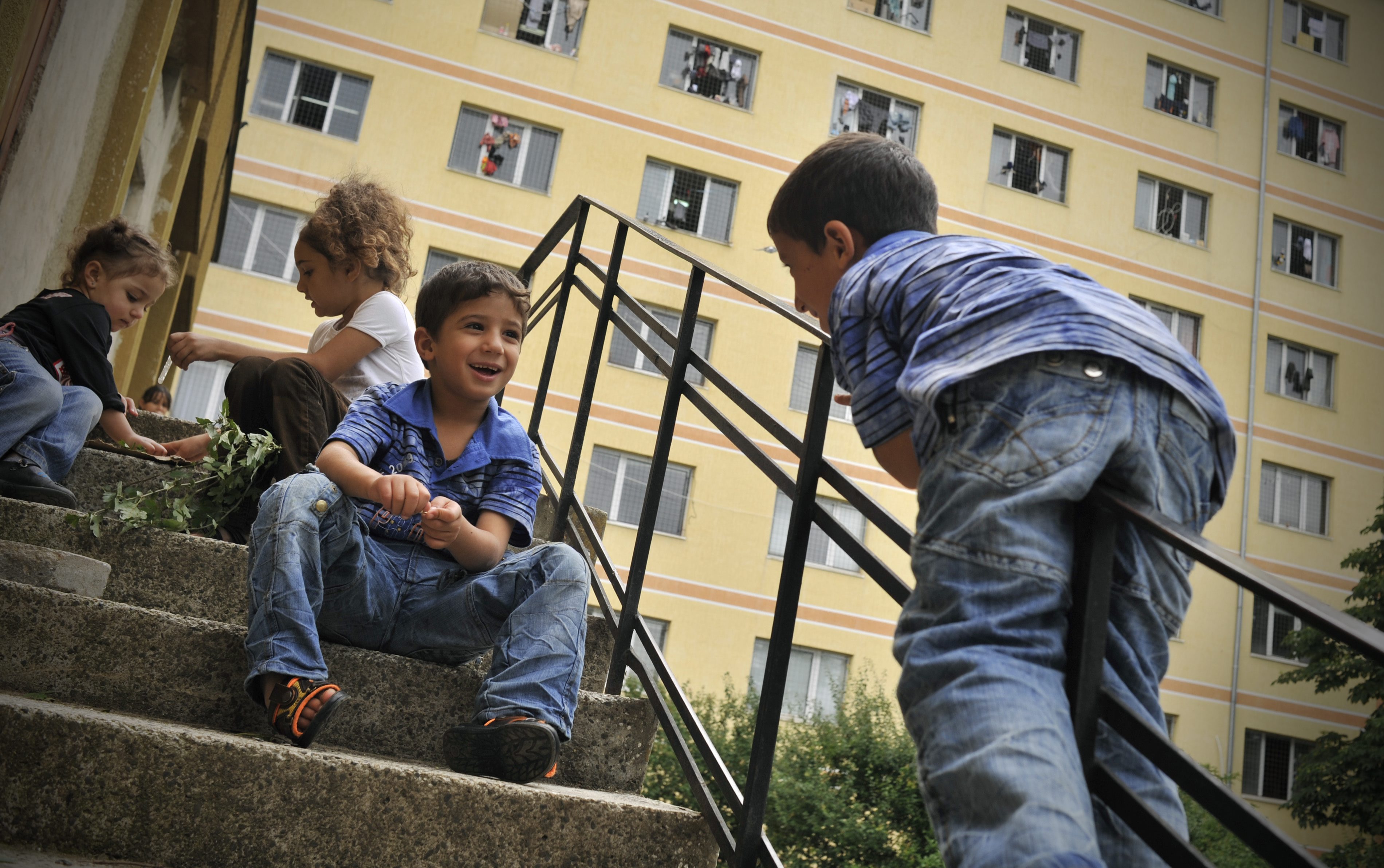Iraqi Christian couple left in European limbo as they seek to join son
Iraqi Christian couple left in European limbo as they seek to join son

BRUSSELS, Belgium, June 6 (UNHCR) - Hounded out of their home in Baghdad, Abel* and Leah* have been wandering around Europe for the past two years in a desperate quest to be reunited with their son and other relatives.
The middle-aged couple - members of Iraq's embattled Chaldean Christian community - have been in and out of detention centres in Greece and Belgium, where their relatives live with refugee status.
They are currently being held in the Steenokkerzeel Detention Centre 127-bis near Brussels Airport, unable to communicate with staff, confused about the reasons for their four-month detention and angry about their treatment as asylum seekers.
"All we want is to live in peace with our son," said 59-year-old Abel. UNHCR has called on the Belgian authorities to allow the couple to remain. Their case reflects the problems that many asylum seekers, especially Iraqis, are facing under the European Union's (EU) 2003 Dublin Regulation, which identifies the EU member state responsible for examining an asylum claim.
In practice, the clause often leads to people - like Abel and Leah - being held in detention in one European country prior to being sent to another European country considered responsible for their claim. The Iraqi couple have been going back and forth between Greece and Belgium at a time when returning home is not an option.
The pair led a relatively trouble-free life until Iraq began descending into a sectarian hell not long after the United States-led overthrow of the Saddam Hussein government in 2003. The Chaldeans had been well established in the region for centuries and counted Iraq's former Deputy Prime Minister Tariq Aziz among their number.
Originally from Zakho in northern Iraq, Abel and Leah lived for 30 years in Baghdad, running a grocery store and raising their four children. But things became increasingly difficult for Christians in the capital after the fall of Saddam Hussein and the family fled after armed men raided their home in December 2004 and threatened to kill them if they did not produce US$50,000 within 10 days.
Abel and Leah left for Greece, where they were detained for three months on the grounds of illegal entry. They applied for asylum during this time, but this was rejected in the first instance decision - as has been the case for the majority of asylum applicants in Greece in recent years.
Asylum seekers who are served with a negative first instance decision in Greece can usually appeal within 30 days, but this was not possible for Abel and Leah because the Mediterranean nation has suspended all decision-making on Iraqi cases at the appeal level since 2003.
"We didn't receive any state legal counselling and were not given sufficient explanations, in our own language, on the specifics of the asylum procedure," Abel complained. Expected to fend on their own, the two were eventually ordered to leave the country by their own means.
In November 2005, the couple paid a people smuggler to bring them to Belgium, where their son is about to become a Belgian citizen. On arrival, they asked for asylum. Again, they were detained and were sent back to Greece, where they were held for two weeks at the airport.
Belgium argued that Greece was responsible for their asylum claim under the Dublin rule. But the regulation also states that a member state can take over processing of a case for humanitarian reasons, particularly those based on family considerations.
The Greek authorities again issued an order for Abel and Leah to leave the territory - on the grounds that their case had been ruled on and was now closed. With the help of a local priest, they tried to apply for asylum again. They were told they had only been freed because of their age and must leave the country immediately, even though they had nowhere to go.
Earlier this year, they paid another "agent" to get them back into Belgium and they were detained on arrival at Brussels Airport on February 7. They are now hoping that a hearing into their case due on Thursday will end their ordeal and reunite the family.
UNHCR estimates that some 2.2 million Iraqis have fled their country since 2003, with most finding refuge in Syria, Jordan and elsewhere in the Middle East. A few have made their way to Europe. Last year, 20,000 Iraqis applied for asylum in EU countries, nearly half of them in Sweden. In Belgium, there were just 695 applications from Iraqis in 2006, and 233 during the first four months of this year.
* Names changed for protection reasons
By Judith Kumin in Brussels, Belgium





